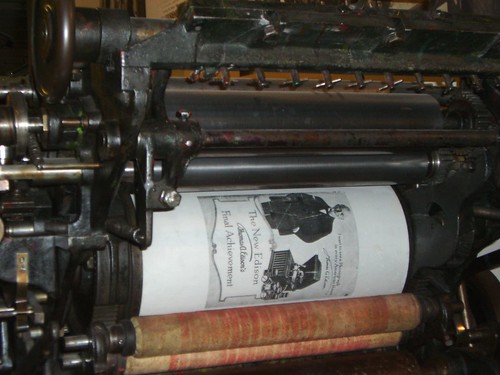
Aspiring Voices is going on a short hiatus through the end of the year, but we’re stepping out on a high note with the spirited and unique Alexander Chantal. I spoke with Alexander about his unique take on forms, the scientific perspective he brings to crafting a narrative, and the eclectic array of authors that have influenced him.
Paul: Tell me a little bit about how you got started writing. Was it something you always enjoyed, or did you come into it at a later point in time?
Alexander: When I was young, I enjoyed writing little bits and pieces here and there. My mother got me a “My First 500 Words” book when I was very little. I read it all in little or no time, it was fun. Then I was given eights volumes of an encyclopedia, at that point in time I realized three things: I wanted to write small stories with the stuff I already knew, I loved science and reading was like alcohol, once you’re addicted, there is no way out.
I didn’t start off writing like most people, writing small stories on a notebook, but rather making board games with ridiculously elaborate stories and rules. It was crazy, but then and there I realized I loved Sci-Fi. What really got me writing was the Left Behind series. I was’t much of a religious person, but the story was so interesting, then my love for anime grew in intensity.
Initially, I started writing poetry. Didn’t think for a second I’d try and become a writer. A poet, that’s what ran through my mind. Seven years ago, I started writing my first story, I never gave it a name, and then my recent work-in-progress: Adagio for Canon.




